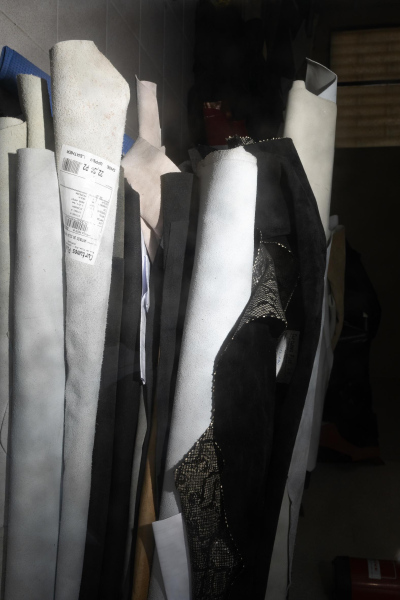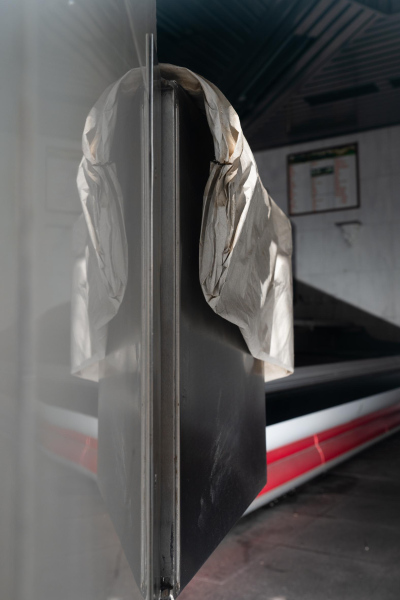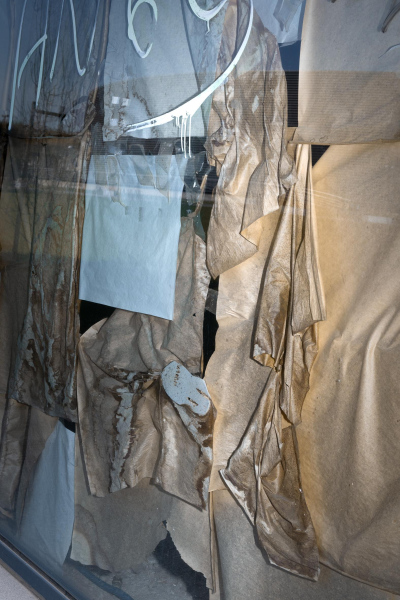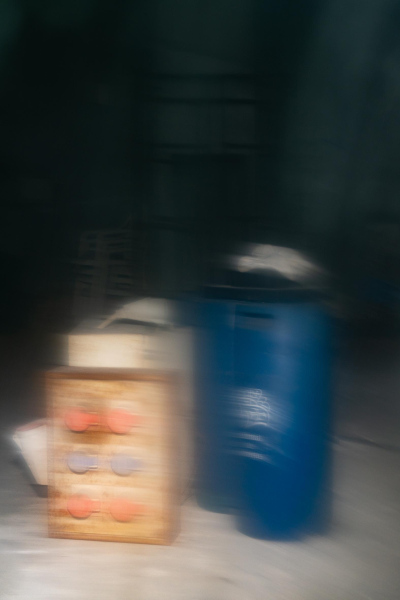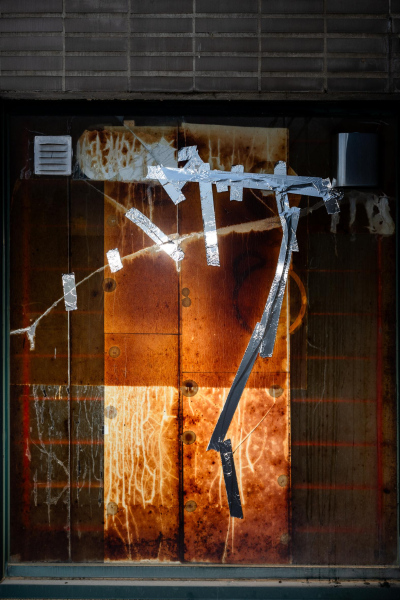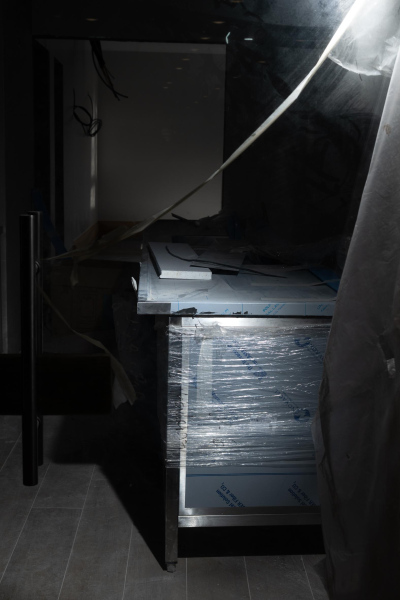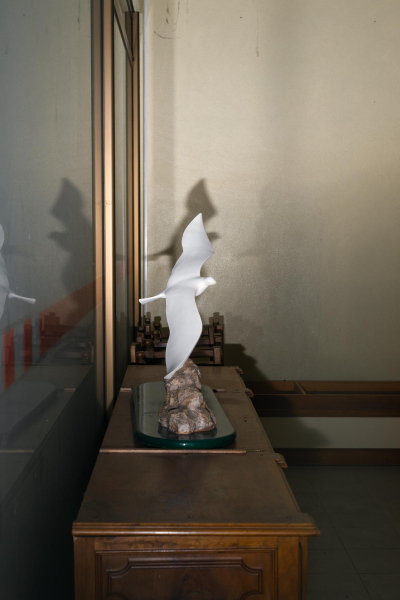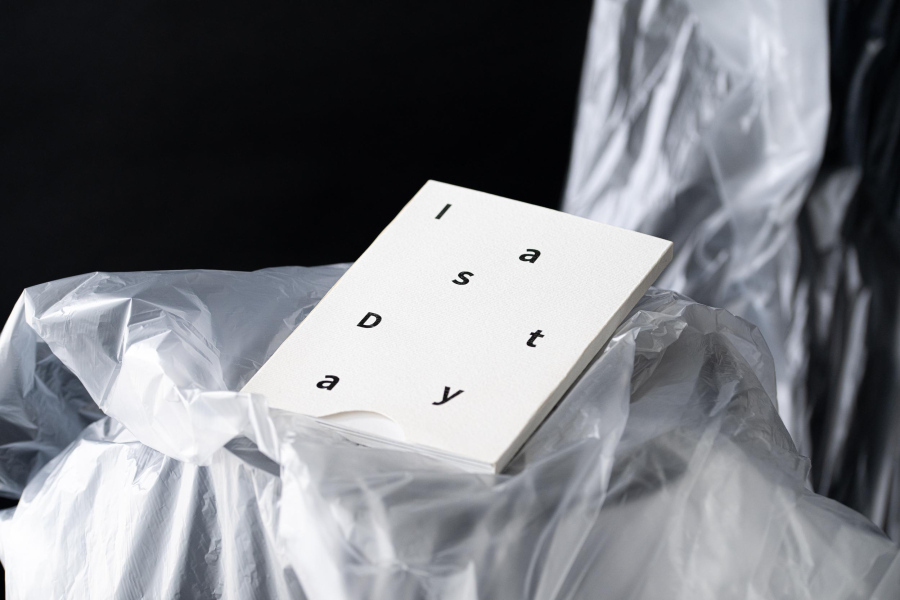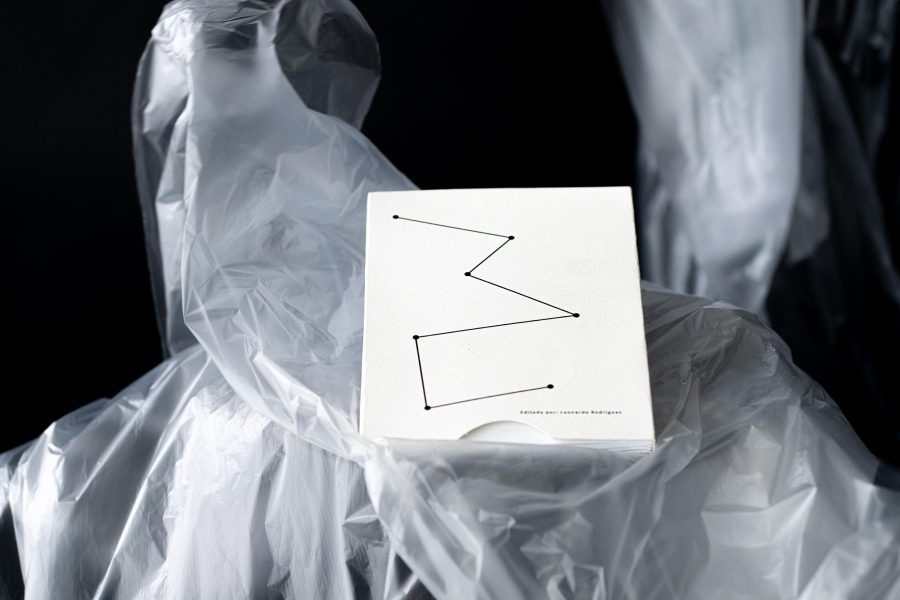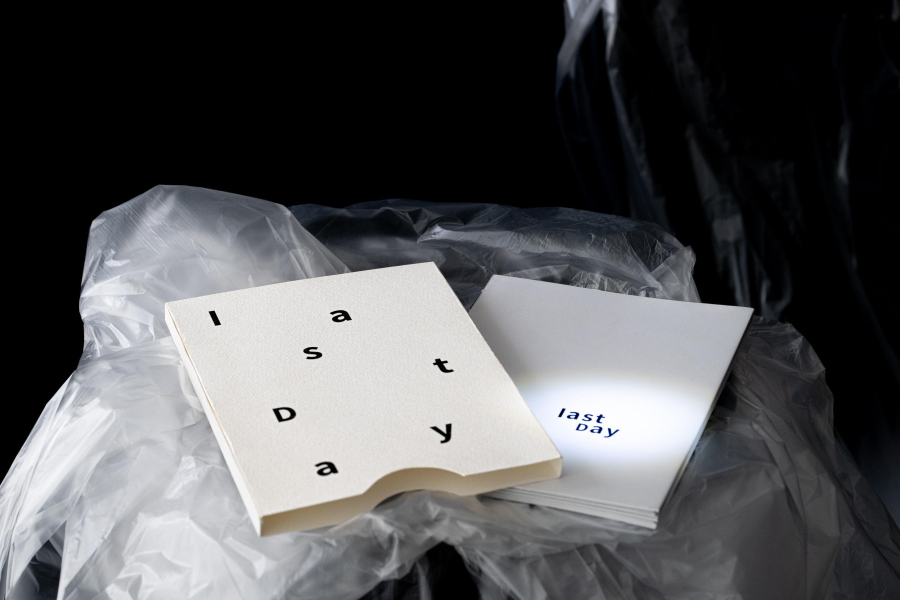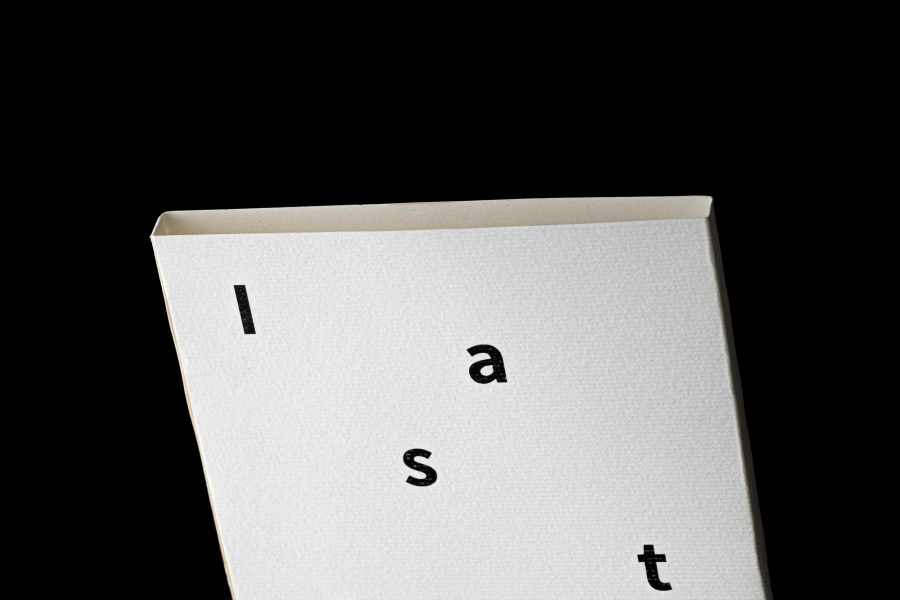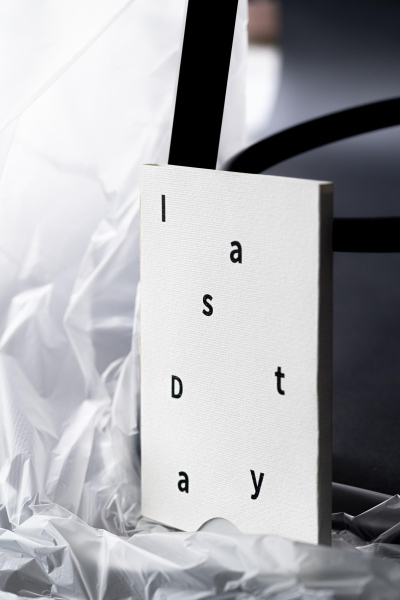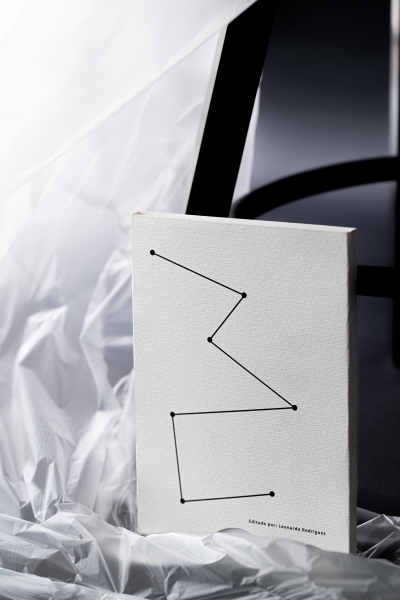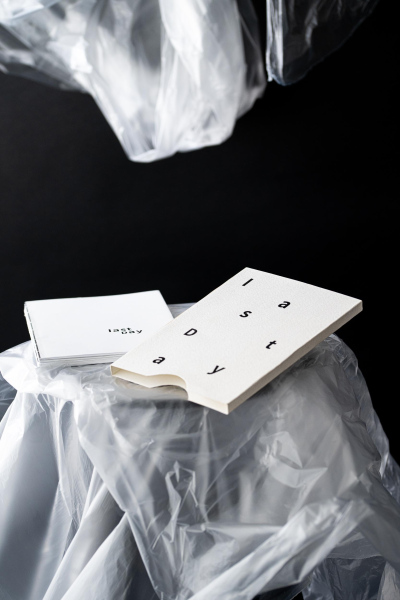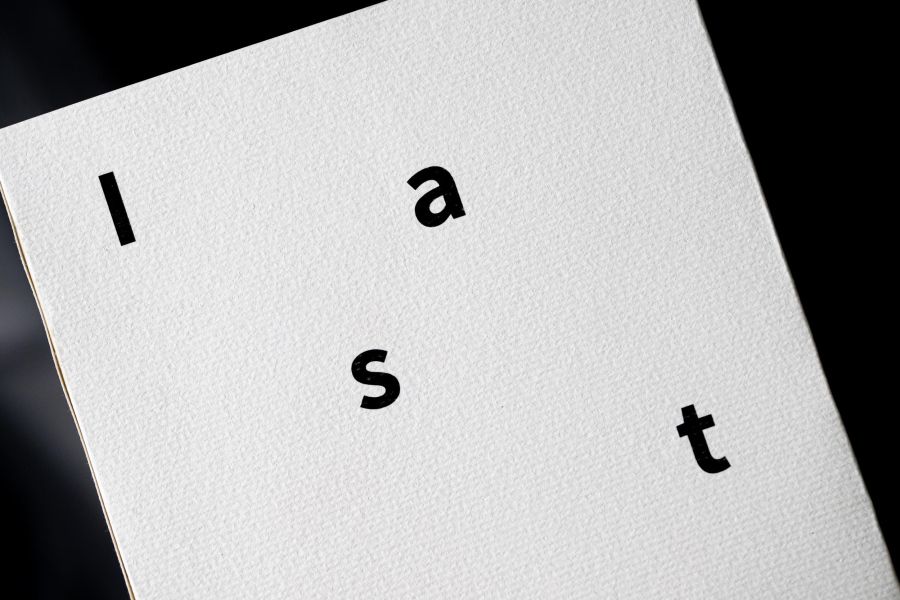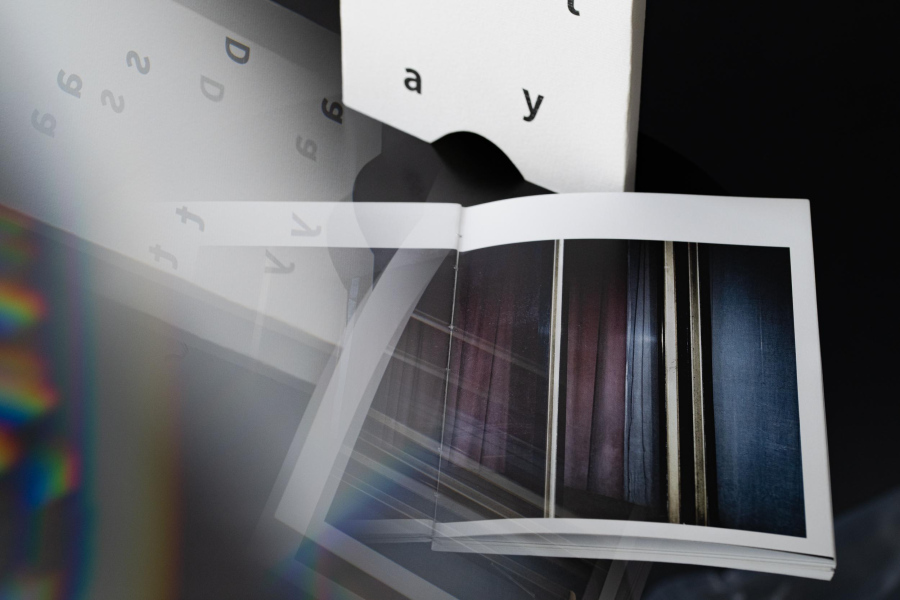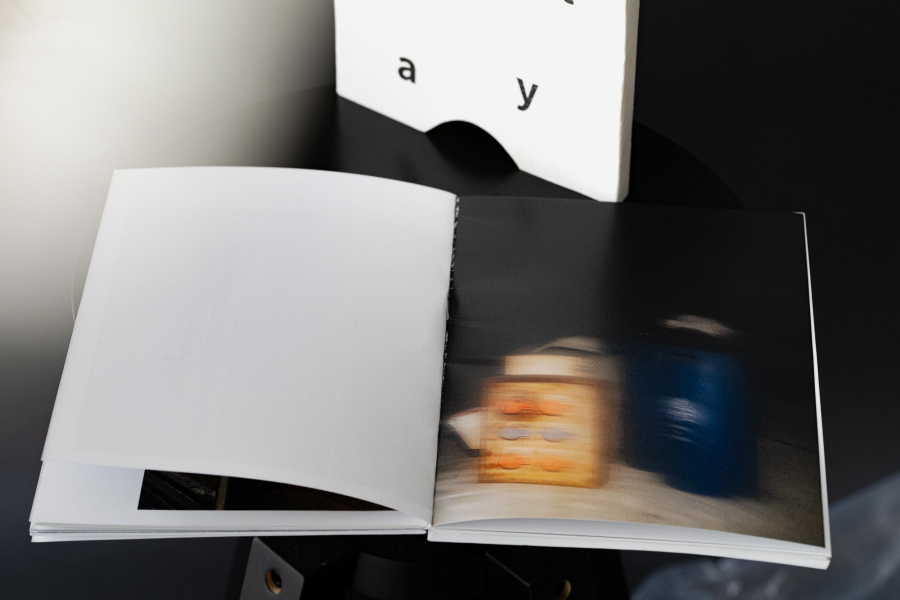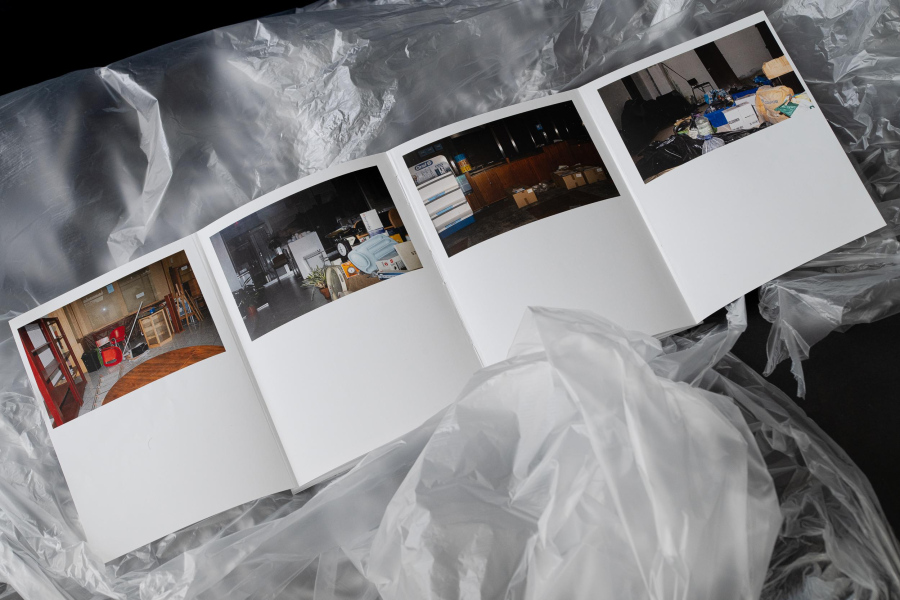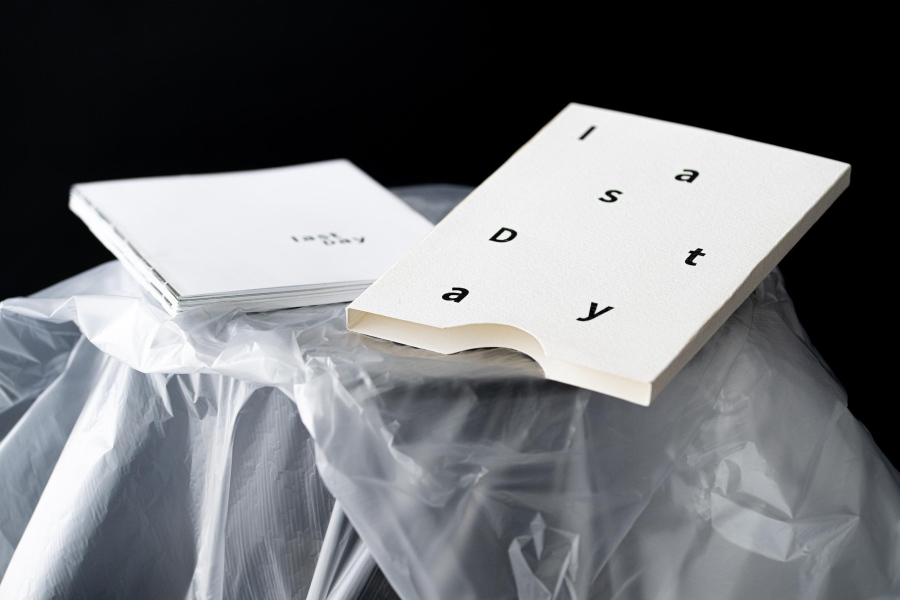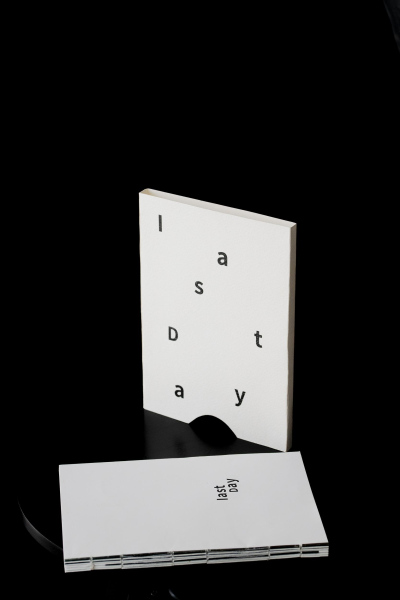-
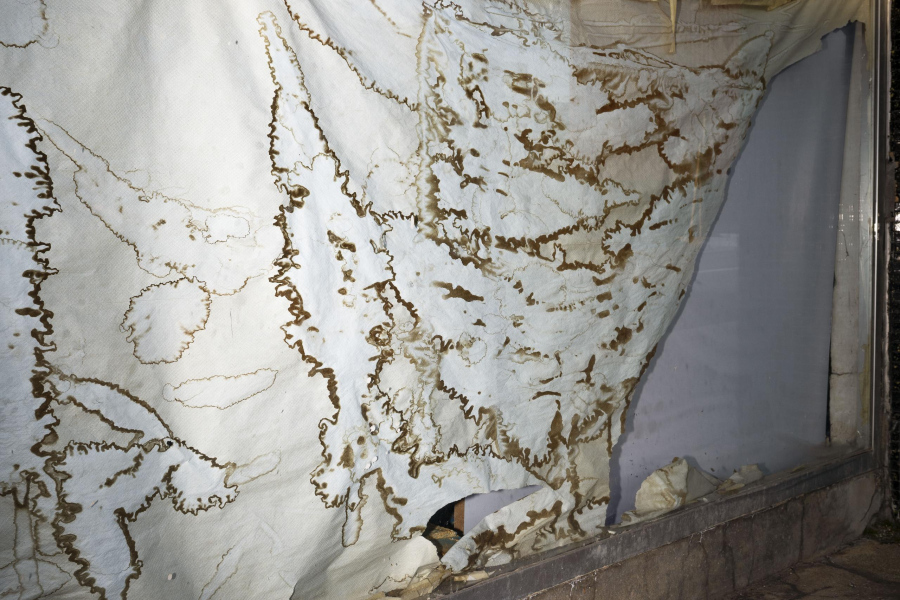
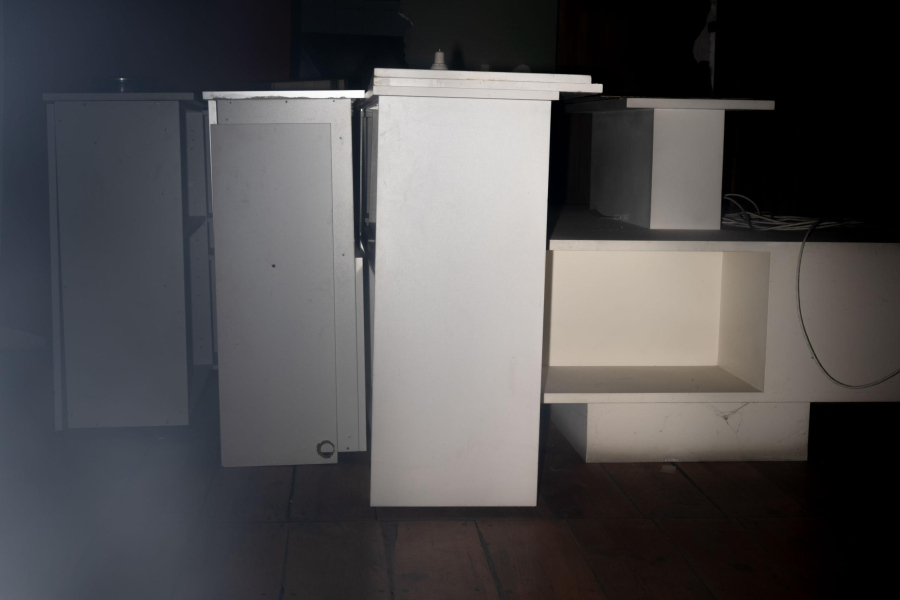
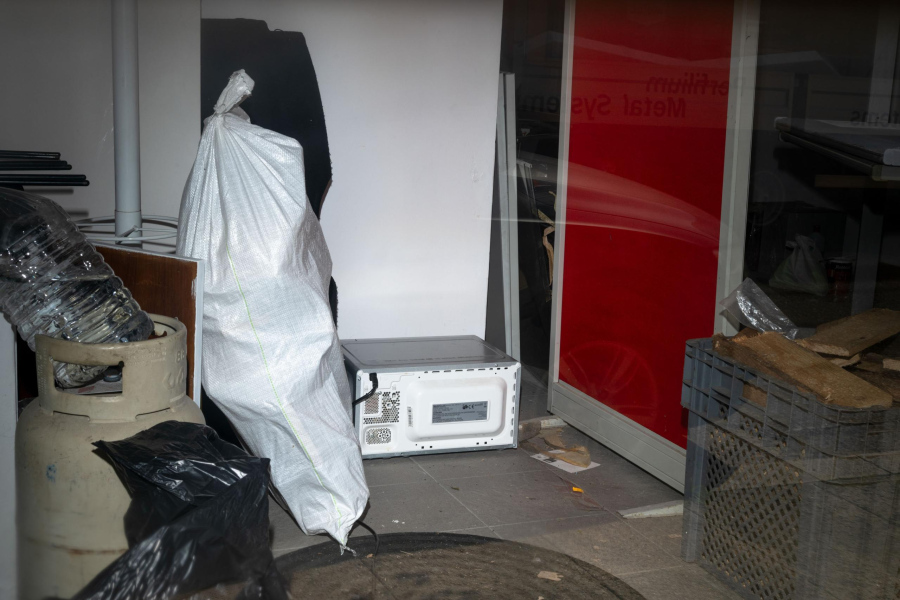



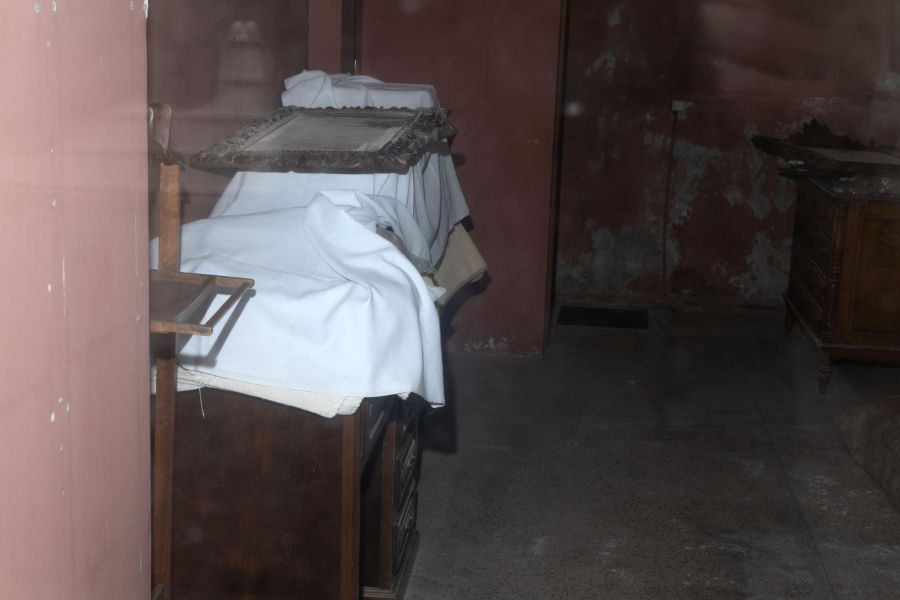
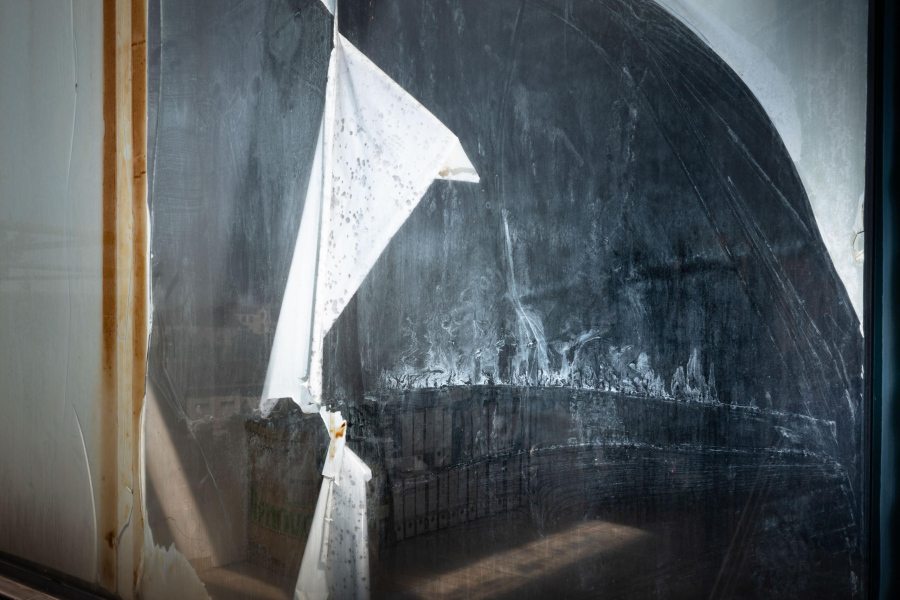
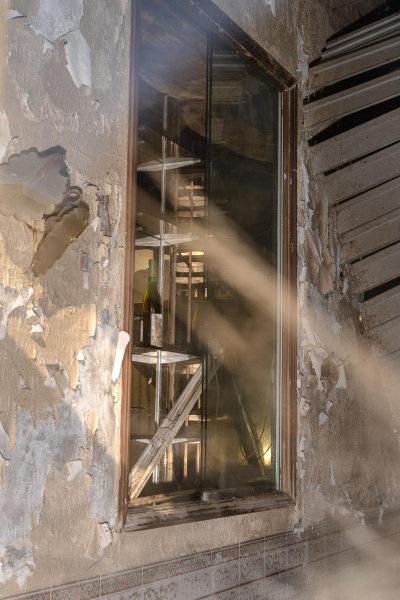
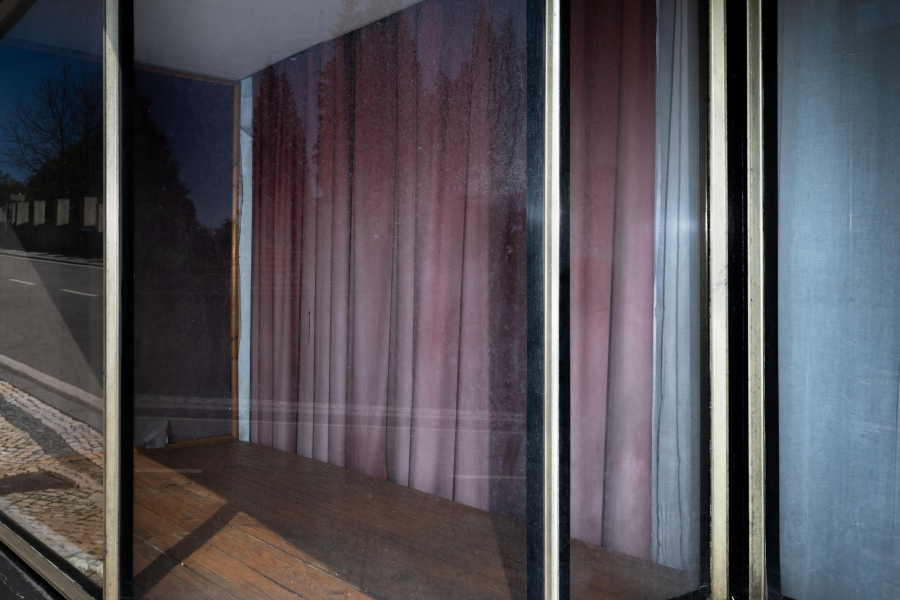
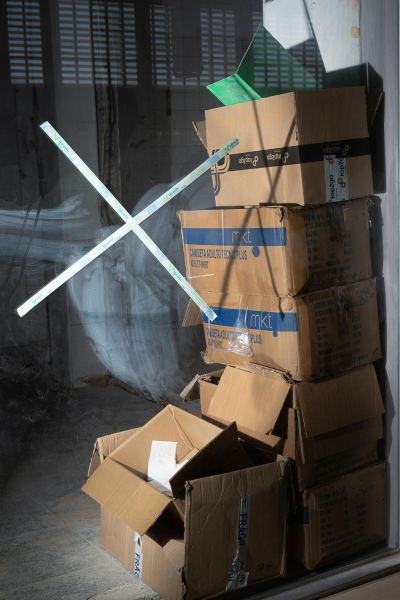
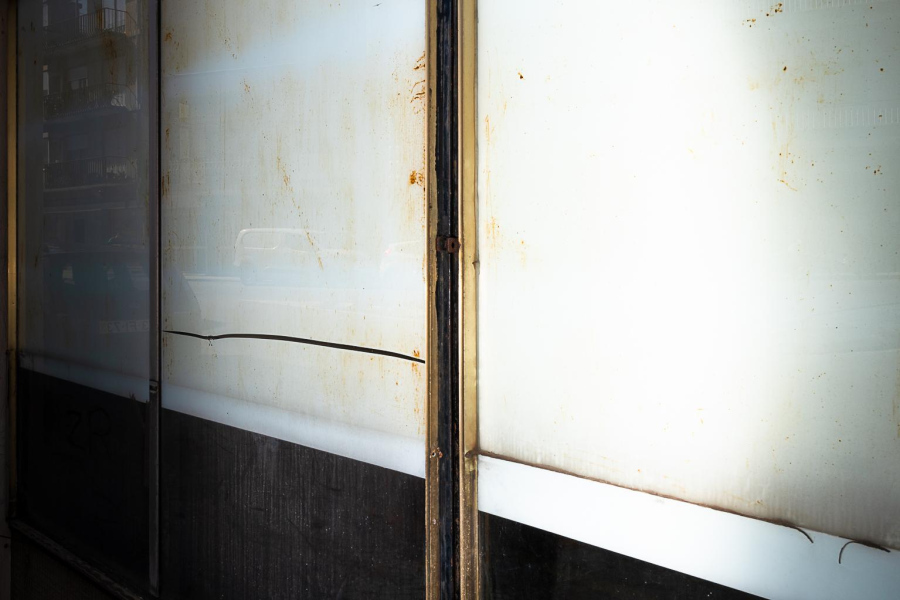
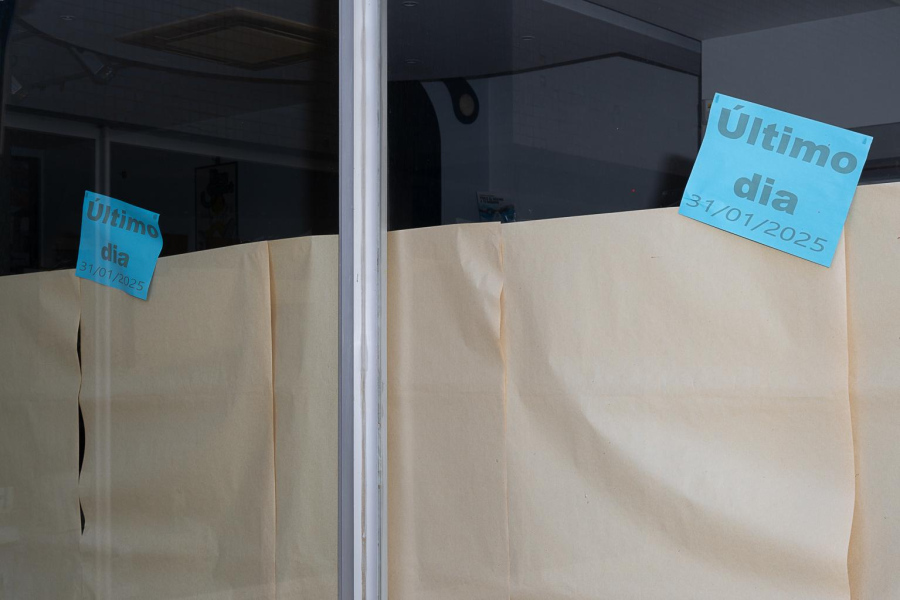
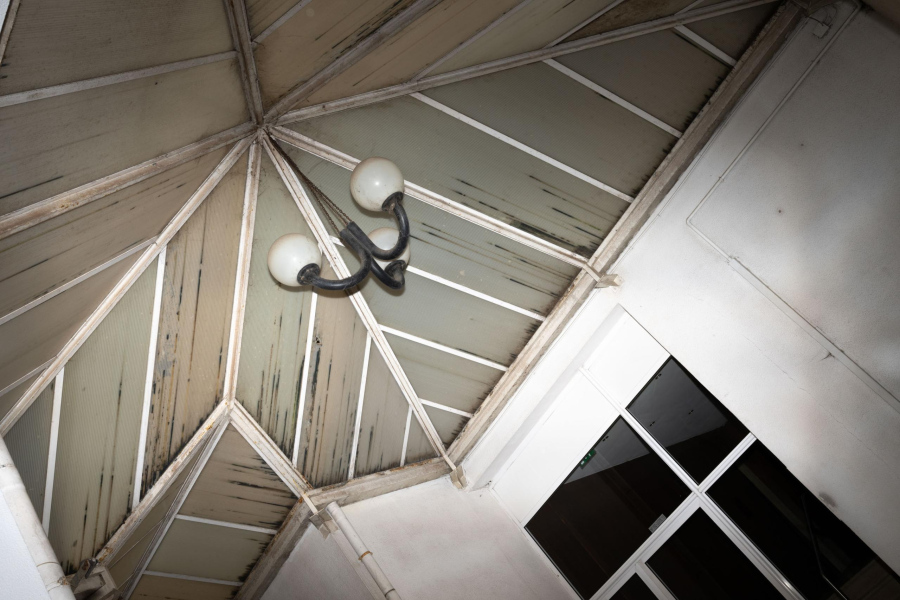
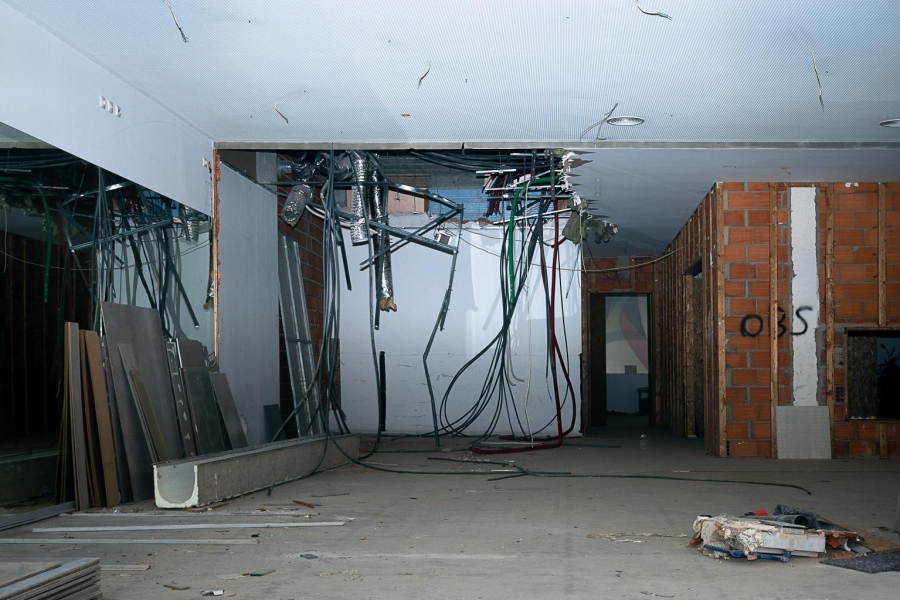
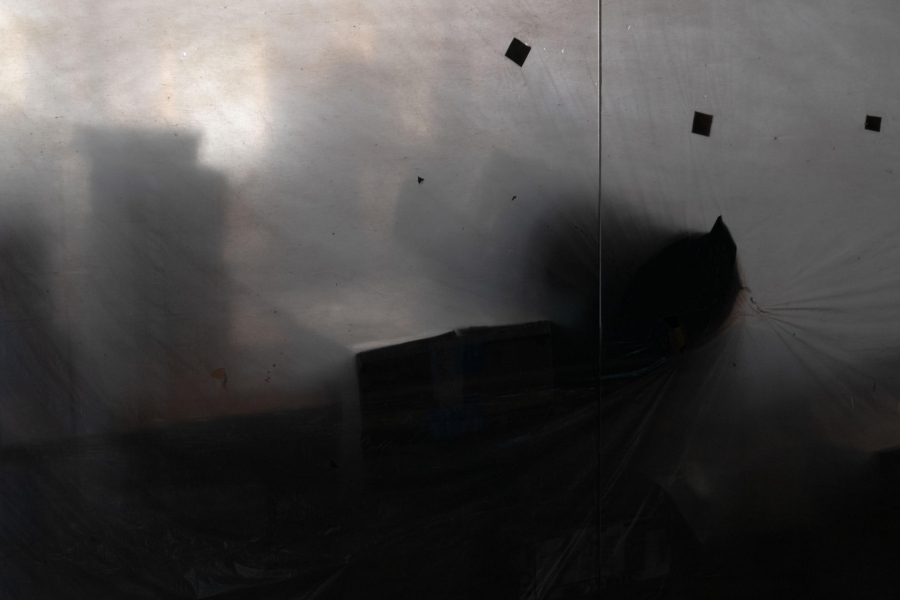
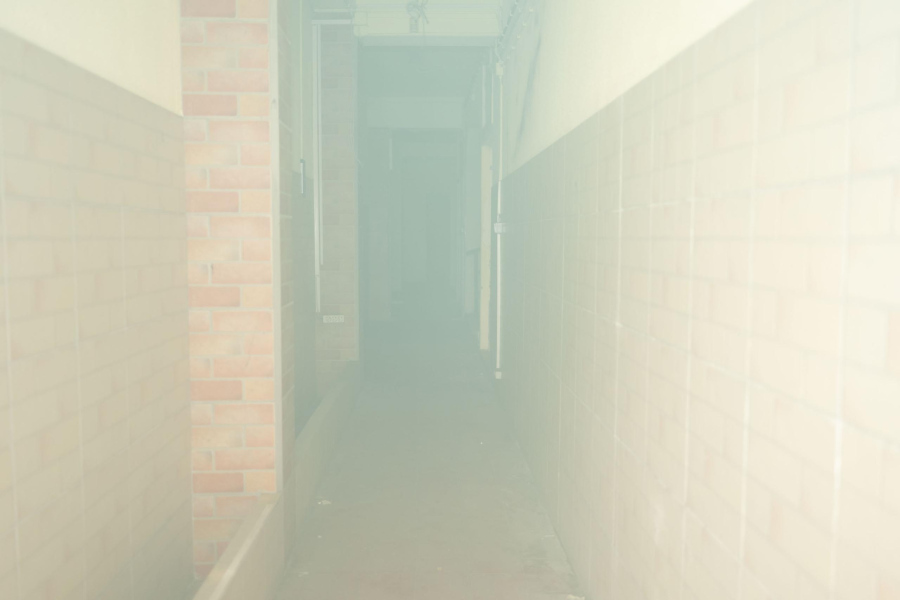
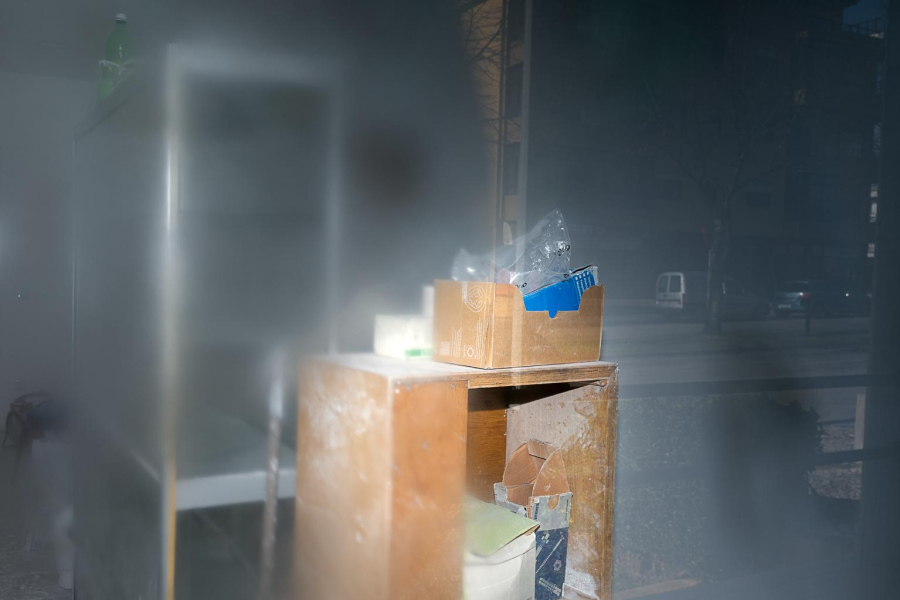
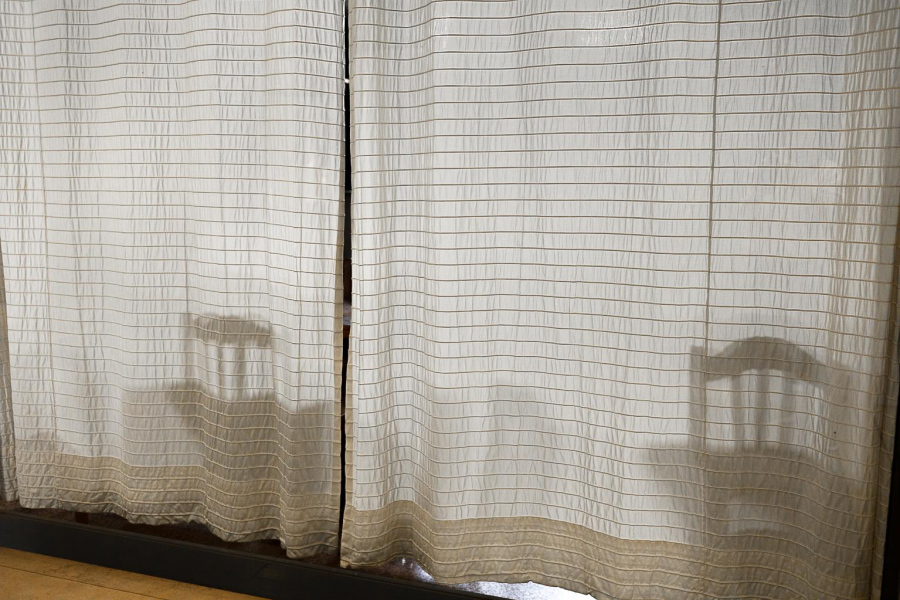
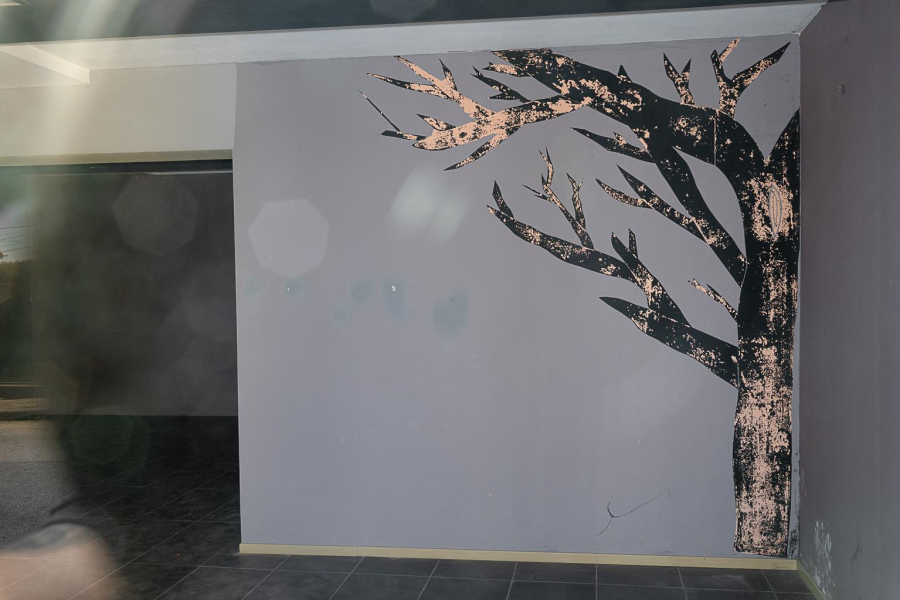
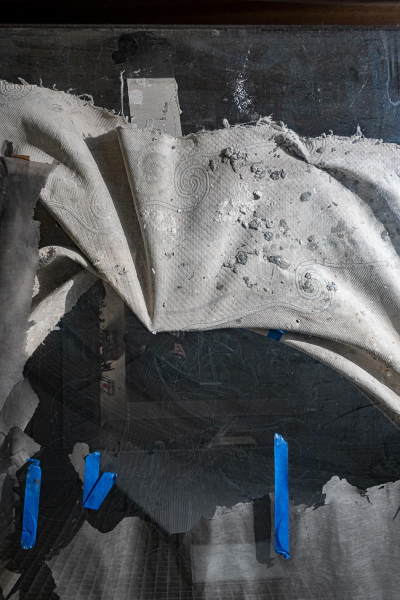
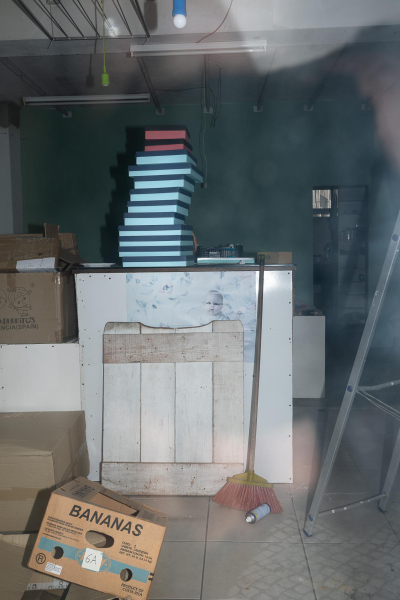
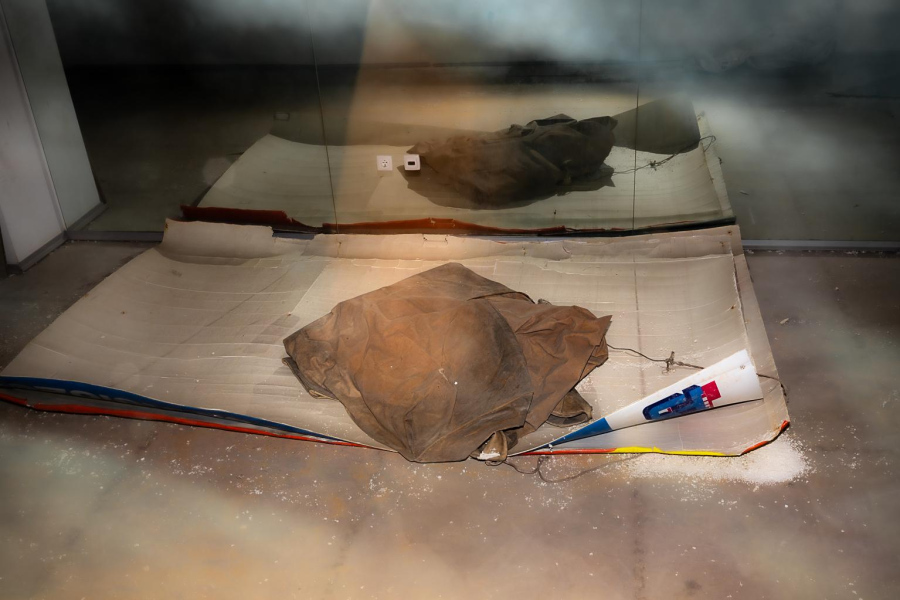
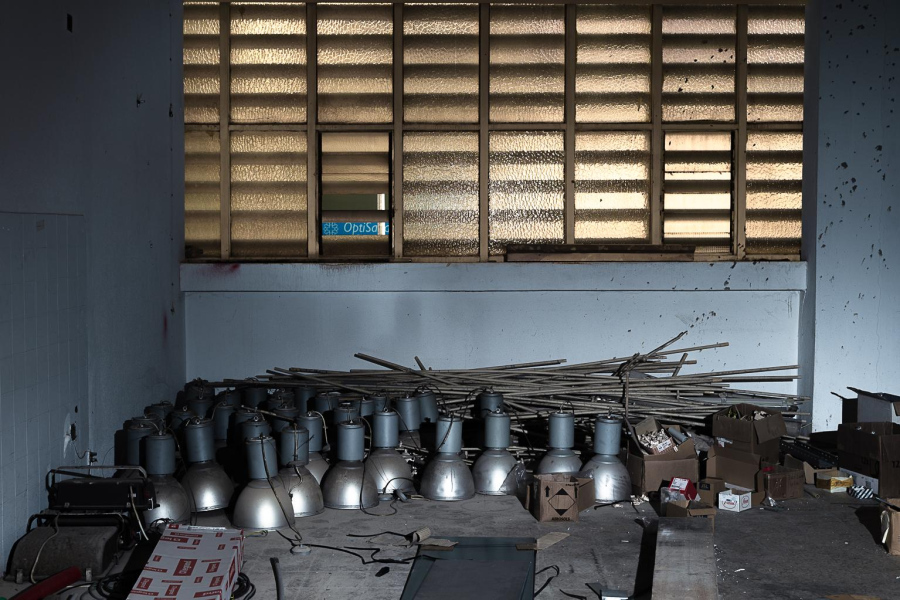
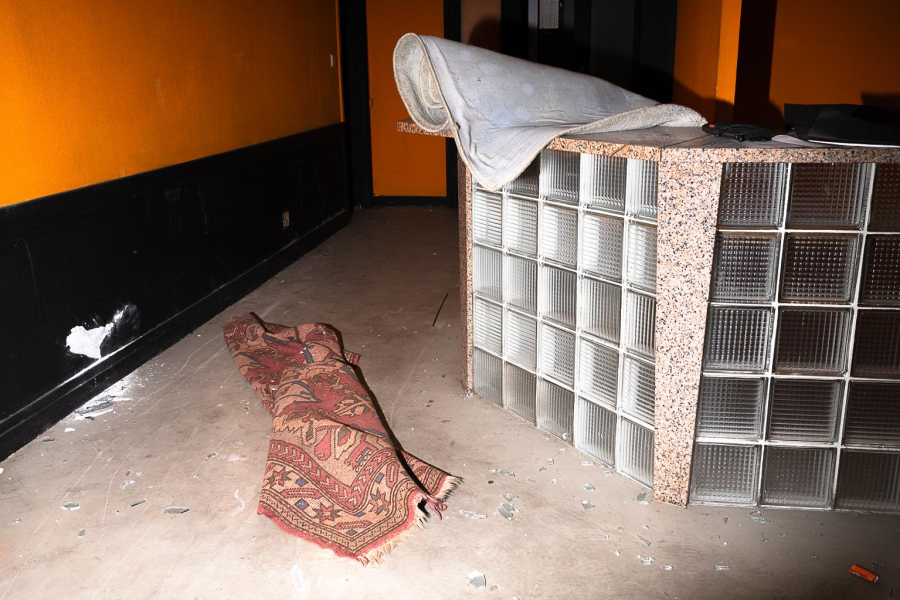
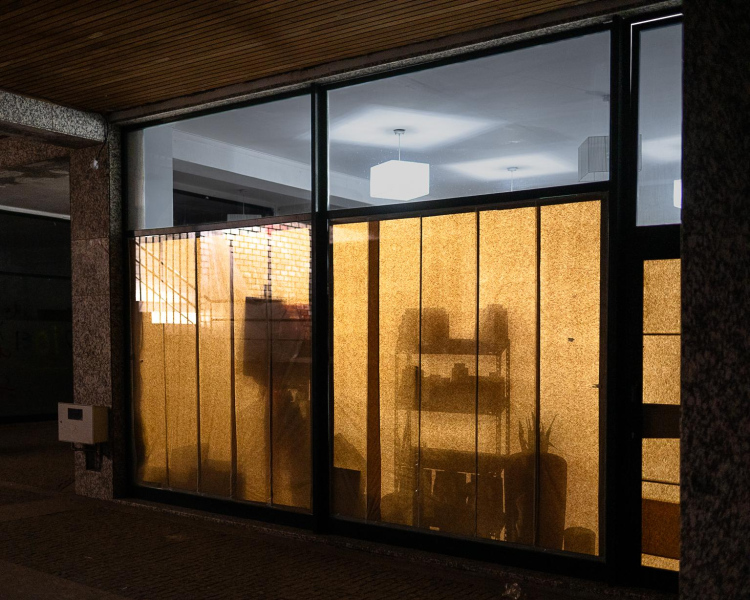
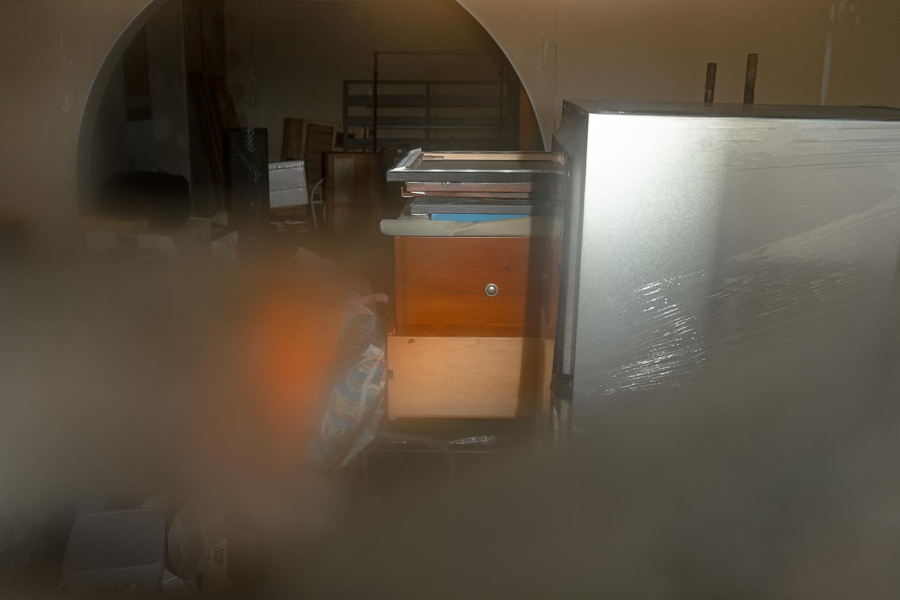
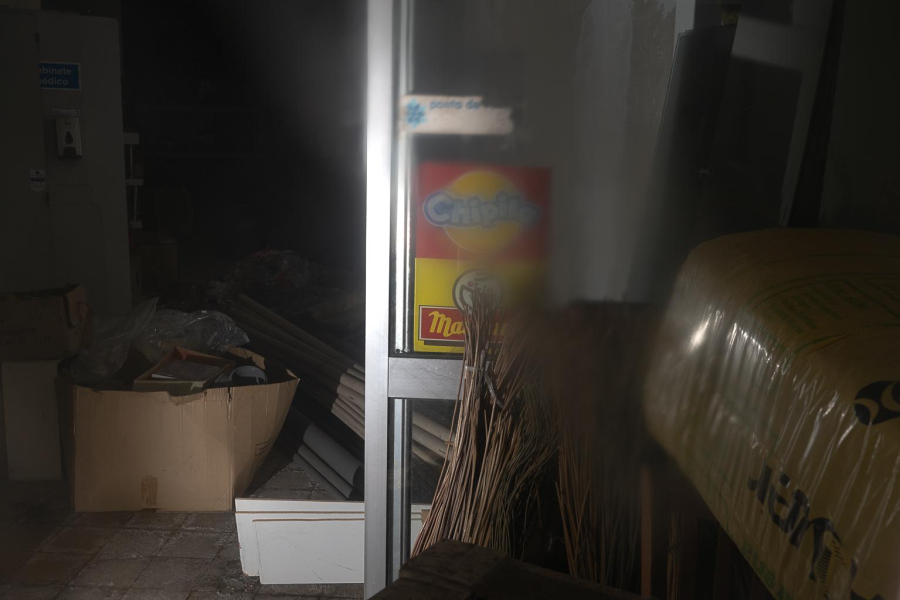
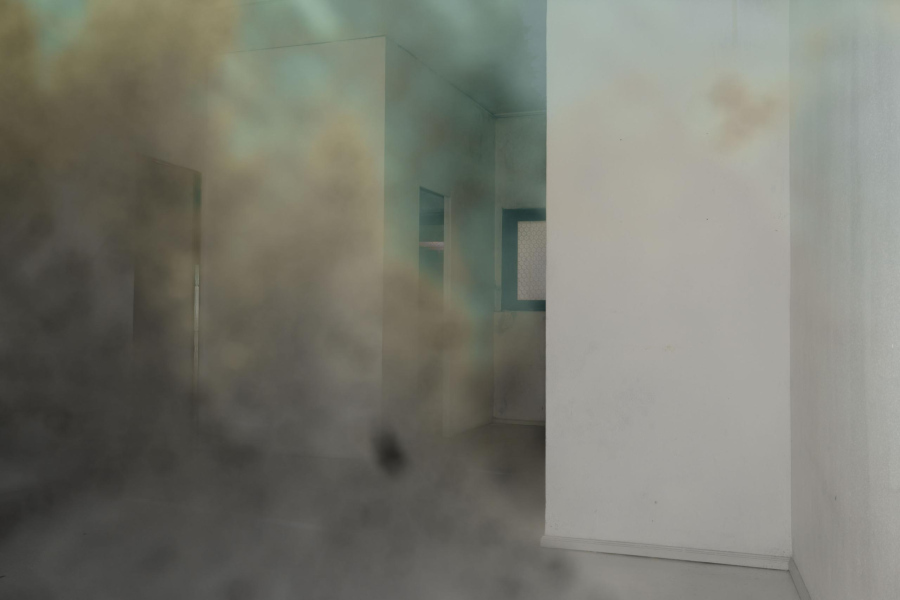
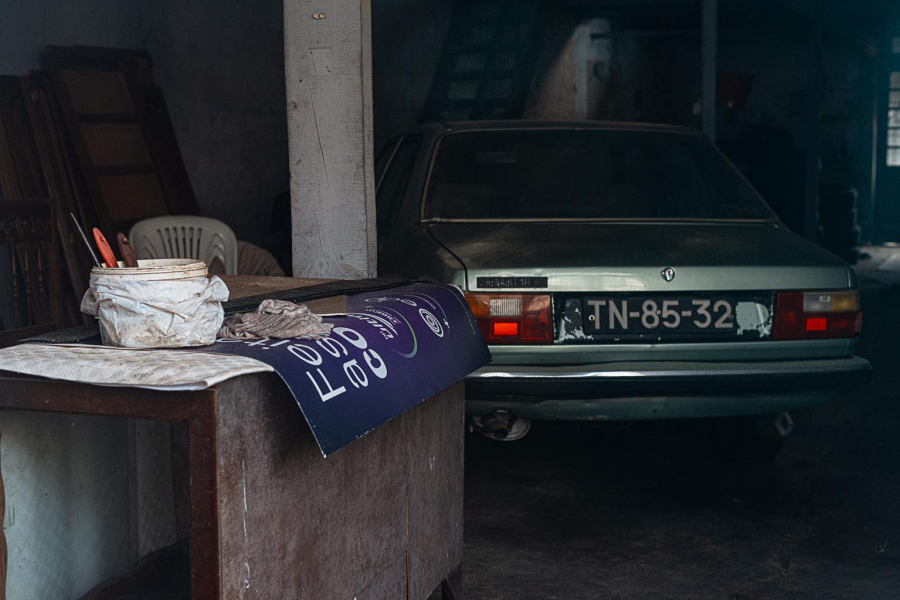
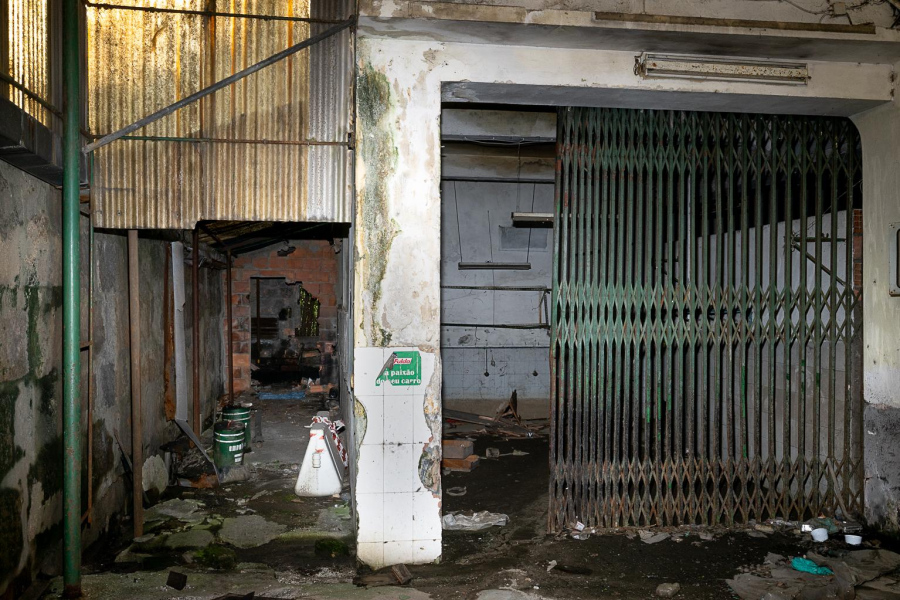
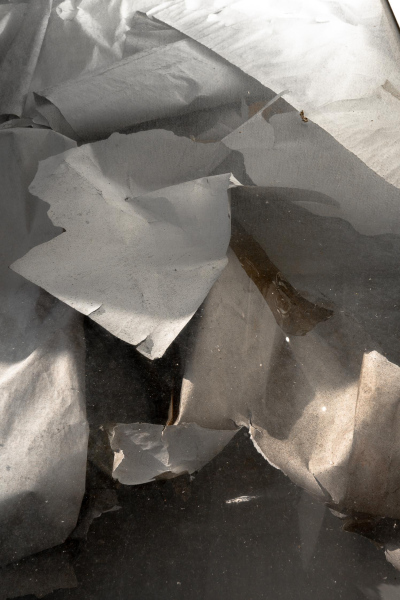
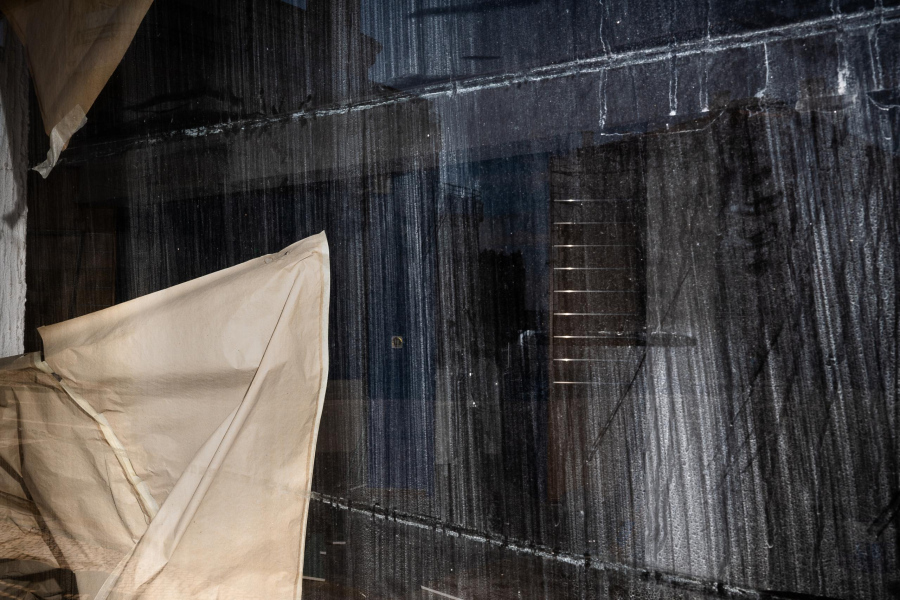
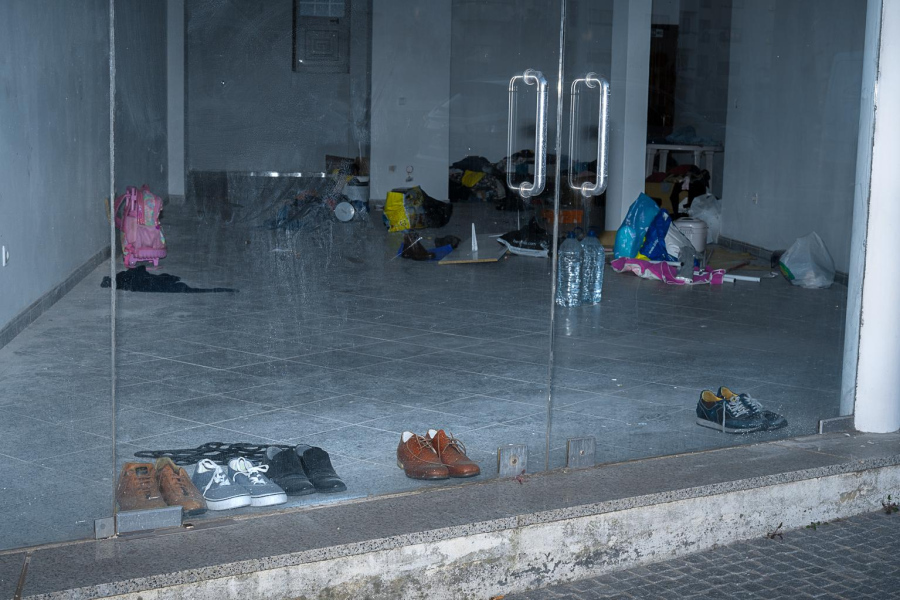
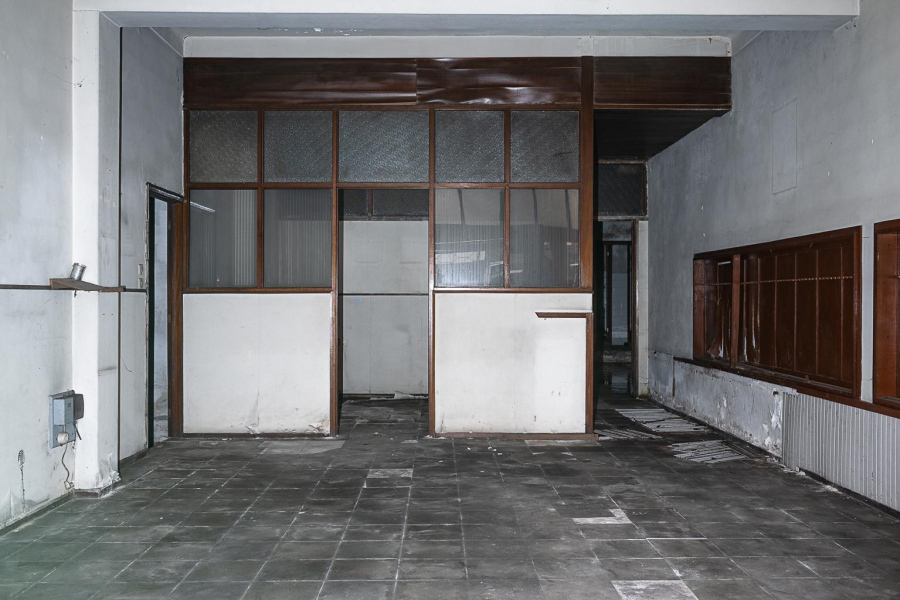
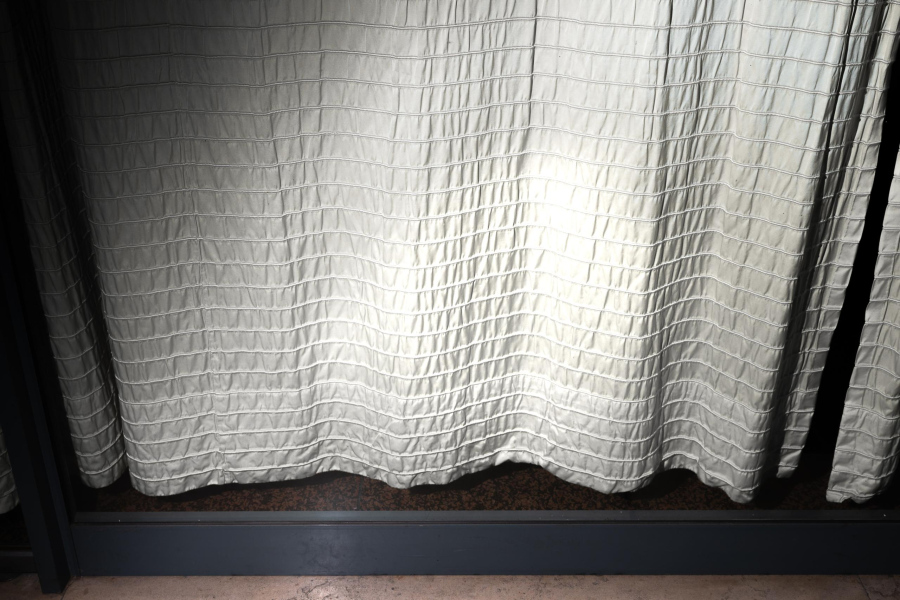
(LAST DAY, 2025)
Last day, resulta da investigação de lugares de arrumação, acumulação, situados entre a ocupação e a desocupação. Ao longo de sucessivas crises socioeconómicas, certos espaços comerciais deixaram de funcionar e objetos quotidianos surgem como testemunhos silenciosos de transição, abandono e reconfiguração.
Uma deambulação pessoal pelas cidades portuguesas de St.ª M.ª da Feira, S. João da Madeira, Oliveira de Azeméis e Espinho, numa tentativa de revelação e reação aos espaços. Uma poética do silêncio, da banalidade, uma vivência dos lugares “corpo – a – corpo”.
Last day, results from the investigation of places of storage, accumulation, located between occupation and unoccupancy. Throughout successive socio-economic crises, certain commercial spaces have ceased to function and everyday objects emerge as silent testimonies of transition, abandonment and reconfiguration.
A personal wandering through the Portuguese cities of St.ª M.ª da Feira, S. João da Madeira, Oliveira de Azeméis and Espinho, in an attempt to reveal and react to the spaces. A poetics of silence, of banality, an experience of "body – body – body" places.
-
PHOTOBOOK VIDEO
-
-
PHOTOBOOK IMAGES
-
©Leonardo Rodrigues
fotografialeonardorodrigues@gmail.com
Built with Berta.me
-



(LAST DAY, 2025)
Last day, resulta da investigação de lugares de arrumação, acumulação, situados entre a ocupação e a desocupação. Ao longo de sucessivas crises socioeconómicas, certos espaços comerciais deixaram de funcionar e objetos quotidianos surgem como testemunhos silenciosos de transição, abandono e reconfiguração.
Uma deambulação pessoal pelas cidades portuguesas de St.ª M.ª da Feira, S. João da Madeira, Oliveira de Azeméis e Espinho, numa tentativa de revelação e reação aos espaços. Uma poética do silêncio, da banalidade, uma vivência dos lugares “corpo – a – corpo”.
Last day, results from the investigation of places of storage, accumulation, located between occupation and unoccupancy. Throughout successive socio-economic crises, certain commercial spaces have ceased to function and everyday objects emerge as silent testimonies of transition, abandonment and reconfiguration.
A personal wandering through the Portuguese cities of St.ª M.ª da Feira, S. João da Madeira, Oliveira de Azeméis and Espinho, in an attempt to reveal and react to the spaces. A poetics of silence, of banality, an experience of "body – body – body" places.
-
PHOTOBOOK VIDEO
-
-
PHOTOBOOK IMAGES
